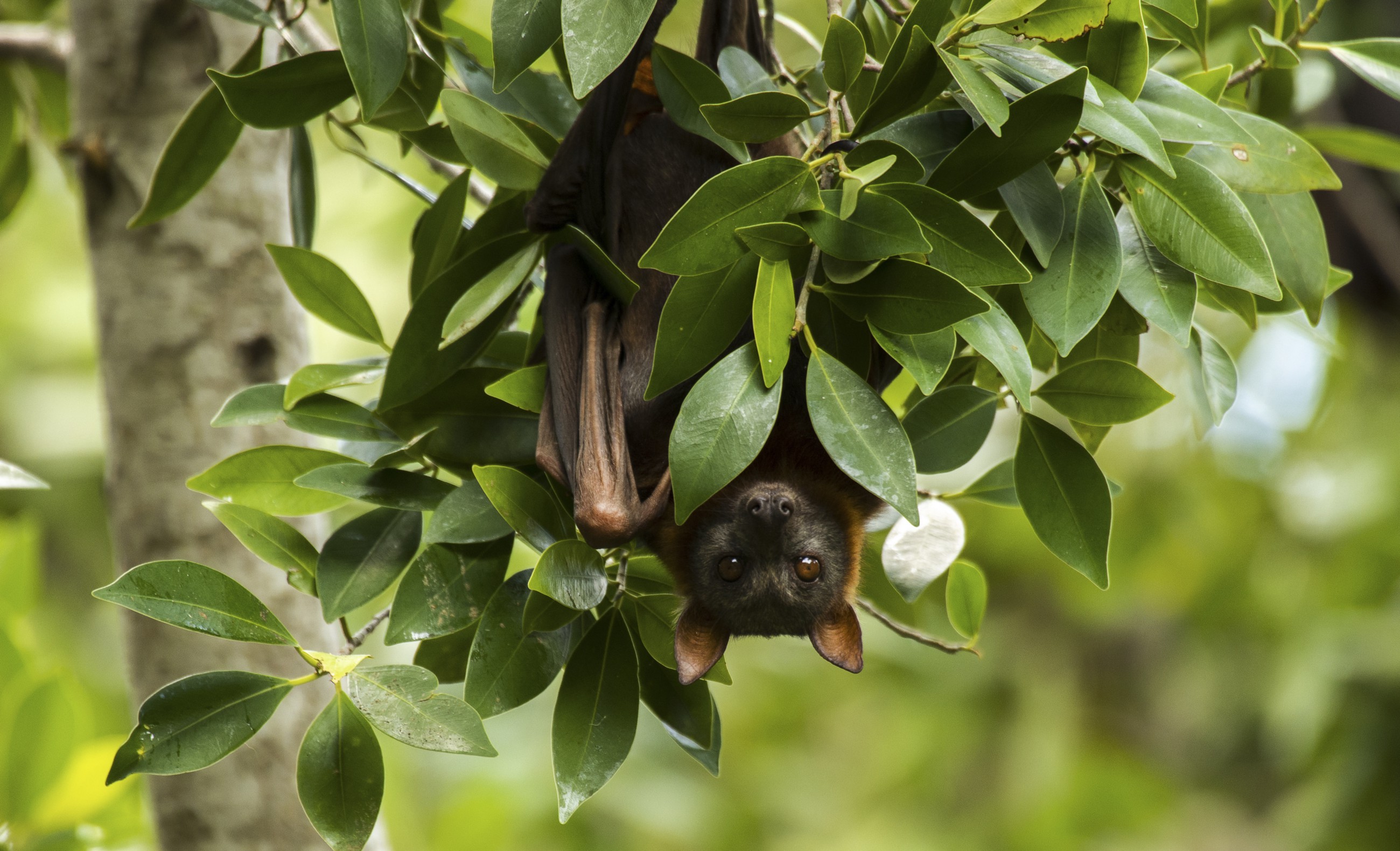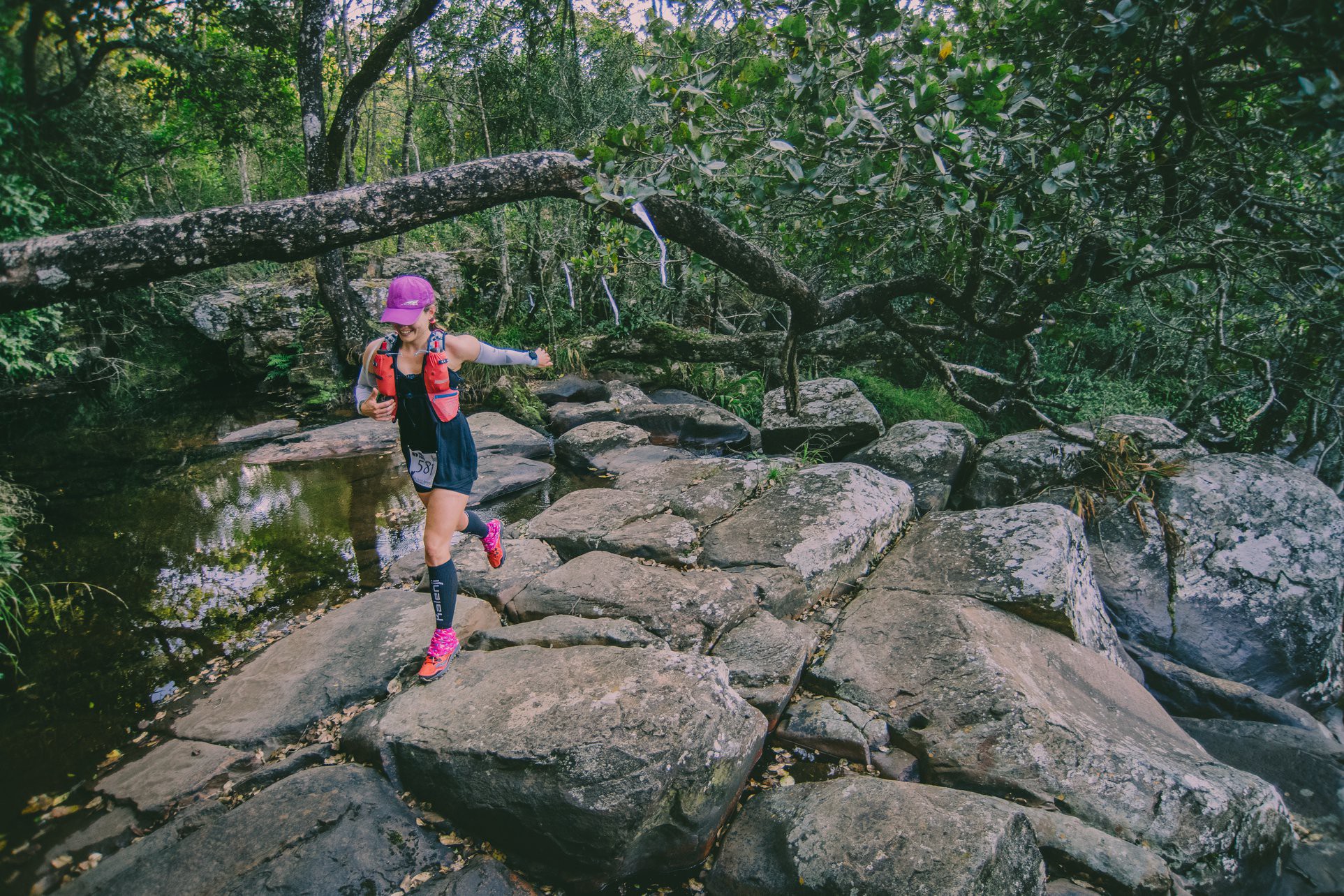Bats are incredibly important to ecosystem health. © Adobe Stock
Do you love mangoes, bananas or coffee? You have bats to thank! Bats are natures unsung heroes, often misunderstood and feared by people; they play a vital role in keeping ecosystems healthy. From pollination and seed dispersal to keeping insect populations in check, bats around the world play crucial ecological roles and support human economies.
Many bat species consume vast amounts of insects, including some of the most damaging agricultural pests. A single bat can eat up to 1,200 mosquito-sized insects every hour, and each bat usually eats 6,000 to 8,000 insects every night! Some of their favourite prey include crop-destroying moths, cucumber beetles, flies, and mosquitos. Natural insect control is their specialty!
Fruit-eating bats pollinate many valuable plants, ensuring the production of fruits that support not just local economies, but diverse animal populations too. We have a lot to be grateful for when it comes to bats. Fruit bats excrete seeds from the ripe fruit they eat. They do this in flight, often a considerable distance from the parent tree. The seeds grow into new fruit trees, helping to regenerate forests. Some bats also drink nectar from flowers and — like sunbirds, bees, and butterflies — pollinate the flowers. Overall, bats are irreplaceable in sustaining their forest habitats, which would disappear without them.

Forty percent of bat populations are in danger of going extinct. © Adobe Stock
Unfortunately, about 40 percent of bat populations worldwide are in danger of going extinct. Bats are slow at reproducing. Most species give birth to only one pup a year, which means they cannot quickly rebuild their populations. Much of the blame for declining bat populations rests on human shoulders. Bats are poisoned when they consume insects sprayed with synthetic pesticides. But the biggest problem for bats is the loss of natural habitat. Many bats prefer to roost in dead or dying trees under the loose and peeling bark, or in tree cavities. Some prefer to roost in caves or caverns. Populations have dwindled, and diversity has suffered without the protection of these critical natural roosts.

Megan Loftie Eaton is running to raise awareness for Bat Conservation.
So, I have decided to run 50 miles for bat conservation and raise awareness about the importance of bats. I’m batty enough to run the Karkloof 50 Miler on 21 September 2019 in support of bats! But I need your help. I’m raising money for ReWild NPC, a local NGO in Phalaborwa. They do fantastic work to rescue and rehabilitate bats, as well as to educate the public on the importance of bats. ReWild NPC helps wildlife that has been injured or orphaned and, when they are ready, return them to the wild. But they do far more than this! They help with human-bat conflict resolution; help farmers to use bats to control crop pests, make bat houses, and apply many other bat conservation measures.
Please help me to raise crucial funds for bat conservation and ReWild NPC by donating to my campaign on GivenGain at https://www.givengain.com/ap/running-batty-for-bats/.
Read more from Megan here.
